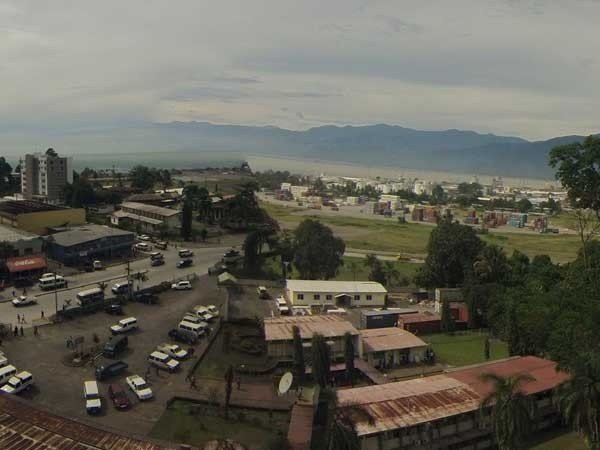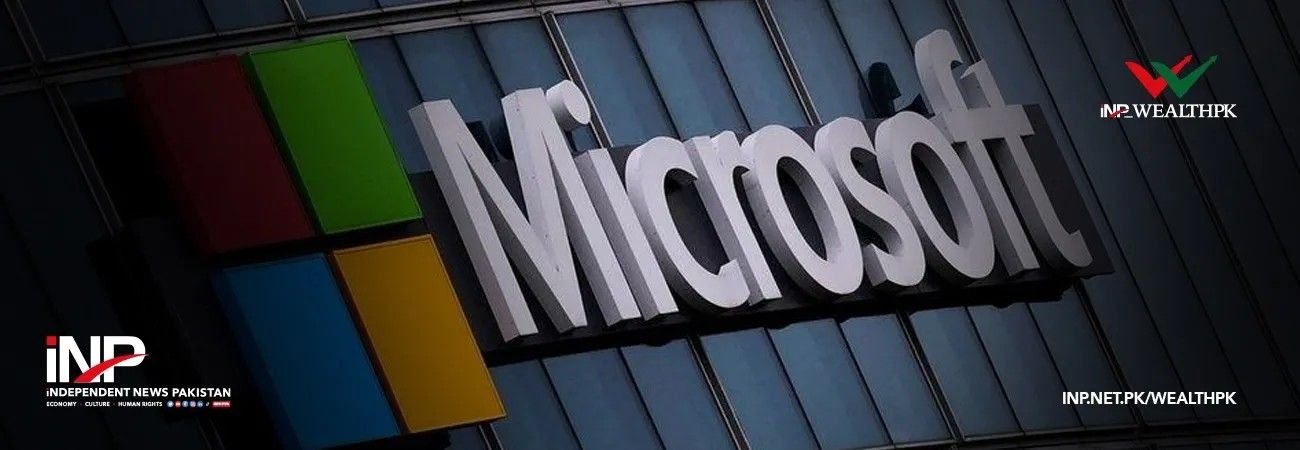A report by UK think tank Oxford Insights ranks Pakistan 8th out of 17 South and Central Asian countries on government readiness to implement AI in public services, trailing India, Bangladesh, and Sri Lanka. Despite drafting a national AI policy in 2021, Pakistan’s strategy has been criticized for lacking comprehensive applications across sectors. Natasha Uderani, co-founder of tech NGO Data Darbar, emphasized the need for better national strategy, increased AI education, and vocational upskilling programs.
Meanwhile, the absence of updated AI regulations has led to the proliferation of low-quality “AI slop” — cheaply generated visual content flooding social media and blurring reality. Digital Rights Foundation’s Nighat Dad warned that AI tools, while advancing rapidly, outpace regulation, enabling misinformation and harmful content that exacerbate societal polarization, especially affecting Global South countries like Pakistan.
An investigation uncovered YouTube channels such as “Pak Gov Update” producing misleading, AI-generated content, raising concerns over platform policies on deceptive monetized videos. Despite these challenges, AI has empowered entrepreneurs like Karachi-based Zubair, who leveraged AI tools to improve content production efficiency, boosting income and business growth.
YouTube recently updated its monetization policies to curb “inauthentic” AI-generated content, but critics argue enforcement remains insufficient. Meanwhile, content creators like Abrar ul-Hassan of Morango Films are upskilling to harness AI ethically and innovatively.
The French Development Agency classified Pakistan as a “mid-level performer” in AI infrastructure and human capital readiness. National Center of Artificial Intelligence chairman Yasar Ayaz highlighted investment challenges, calling for initial funding to boost AI deployment and attract foreign investment. He noted Pakistan’s potential to export AI solutions tailored to similar low-income countries, enhancing its global AI profile.















